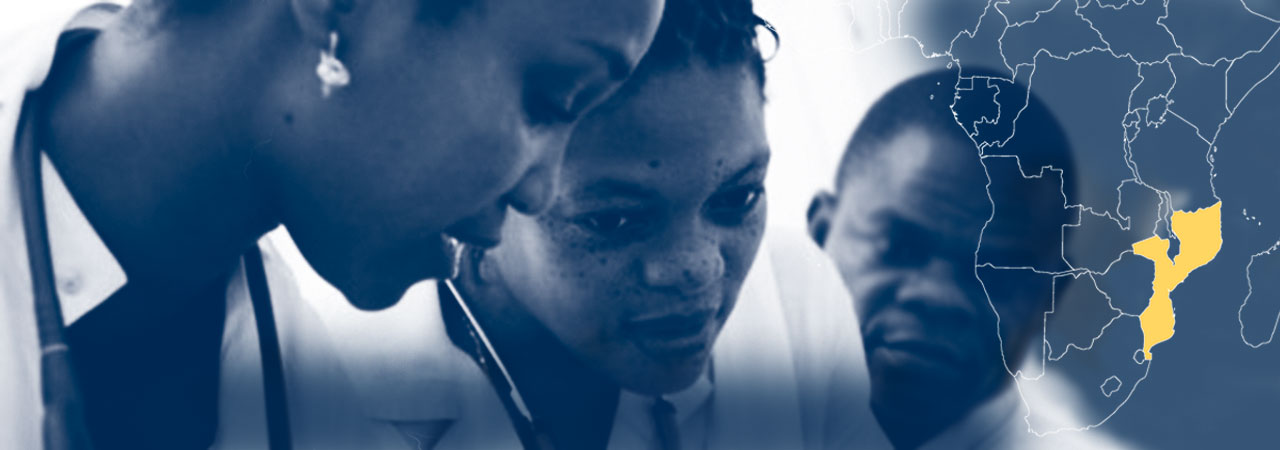Mozambique has one of the fastest growing economies in sub-Saharan Africa. Since the end of a 17-year civil war in 1992, leaders have worked to leverage country resources to build infrastructure and improve the quality of life for Mozambican citizens. Despite this promising growth, many public-sector programs are under-resourced, and much of the population still has limited access to quality health care.
With a population of 24 million, Mozambique has fewer than four physicians for every 100,000 inhabitants. More than 1.4 million people are estimated to be infected with HIV. The population also has high rates of tuberculosis and other respiratory diseases, malaria, and diarrheal diseases such as endemic cholera, all of which worsen the impact of HIV and AIDS when there is co-infection.
Drawing on expertise from its global network, including the University of Washington and the University of California, San Francisco, I-TECH began working in Mozambique in 2005. Since then, its technical support to the Ministry of Health (MISAU) has been focused on addressing the shortage of health care providers in the country through clinical training and curriculum revision and development. I-TECH also works to improve the quality of HIV prevention, care and treatment services, including antiretroviral treatment (ART) and voluntary medical male circumcision (VMMC). Ongoing monitoring and evaluation (M&E) activities, including technical assistance to MISAU, measure the effectiveness of health care programs and provide quality data for decision-making and program improvement.
